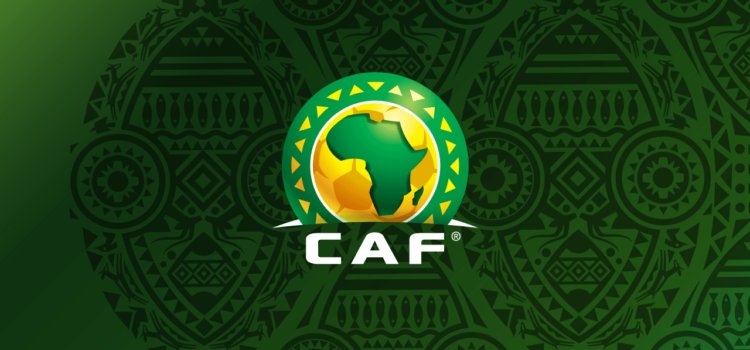the CAF Executive Committee now knows what it needs to do to fundamentally reform an African Football Confederation.
the Executive Committee took note of the recommendations made by the “Task Force of Reforms” made up of five independent African experts. This Reform Task Force was set up within the framework of a partnership signed with the International Football Federation (FIFA) in August 2019.
On February 2, 2020 in Rabat, the experts presented a summary of their work.
Their conclusions are based on a long audit carried out by PricewaterhouseCoopers (PwC), the content of which is given point by point
A clearer separation of powers and a redefinition of the role of the Executive Committee
Certain recommendations first require the preparation of “new CAF statutes in accordance with the FIFA statutes”. First, there is the question of “introducing a clear separation of powers between the legislative, executive and judicial bodies”. Second, the Executive Committee and the Emergency Committee must be relieved of “management and administrative responsibilities” and that the administration be empowered to … “make administrative decisions”.
In this context, the Task Force suggests that the Executive Committee develop “a new strategic role” in the conduct of African football business.
The Reform Task Force also believes that the age limit for members of the Executive Committee (including its chairman) should be removed and that it would be better to introduce a limit on the number of terms.
Increased internal control
The summary then emphasizes the need to greatly improve CAF’s internal control. Among other things, it is necessary to “reorganize the CAF standing committees” by creating in particular “independent judicial bodies” and above all to create a “Review Committee”.
The latter would be responsible for carrying out “eligibility checks on officials and committee members”, as at FIFA where the probity of members is scrutinized.
Another emblematic recommendation is the creation of an “independent Remuneration Committee” which would be responsible for “matters relating to the remuneration of CAF members and committees”.
Decentralization and feminization
Decentralization and increased responsibility for regional areas (UFOA, CECAFA, COSAFA, UNIFFAC, UNAF).
All this by redefining the perimeter of these areas and eliminating linguistic groupings (English, French, Portuguese, Arabic). Next, experts suggest that there should be more women on the Executive Committee and in other standing committees.
A radical overhaul of services
It is indeed necessary to staff CAF “properly in staff”, “review the roles and responsibilities of positions”. And also “regulations for employees (Code of Conduct, Employee Manual, Travel Expenses Directive, etc.)” which are apparently non-existent or not sufficiently enforced.
Strengthening ethics
Among the strong measures presented, some relate to ethics.
There is the idea, no more and no less, of “putting in place a whistleblower hotline […] and a policy against reprisals by whistleblowers”.
Experts also propose the publication of a new “code of discipline and ethics with new rules of procedure” at CAF.
Strict financial control
Next, a large part is devoted to a sector that has caused a lot of ink to flow regarding CAF in recent months: financial control. We must “strengthen financial management and accountability”, underline the members of the reform task form, but not only. More monitoring also seems necessary.
The main solutions indicated in the report: “introduce physical and IT controls”, that “all CAF member associations and zones have dedicated bank accounts for CAF funds”, that “all payments are made via officially designated bank accounts “(cash and check payments should be kept to a minimum)
Sensitive investigations to continue
On the other hand, the RTF concludes its synthesis by inviting to continue the “investigations” on several subjects, sometimes sensitive:
– the contracts signed by CAF with the marketing companies Lagardère and LC2 (without specifying the period and the nature of the said contracts evaluated)
– checks on payments made by FIFA and CAF “to the 54 national associations member of CAF, as well as to the six CAF zones”
– “the allegations of possible mismanagement and embezzlement” concerning the Center of Excellence in Mbankomo, Cameroon, inaugurated in 2014 by the former presidents of FIFA and CAF, Joseph Blatter and Issa Hayatou.
Note that the experts want the audit carried out by PwC to cover the years 2013 and 2014. Their goal: “to assess the responsibilities” concerning an apparent lack of documentation related to financial transactions before 2015. This could be akin to an investigation into the financial management of CAF during the last term of Issa Hayatou.

